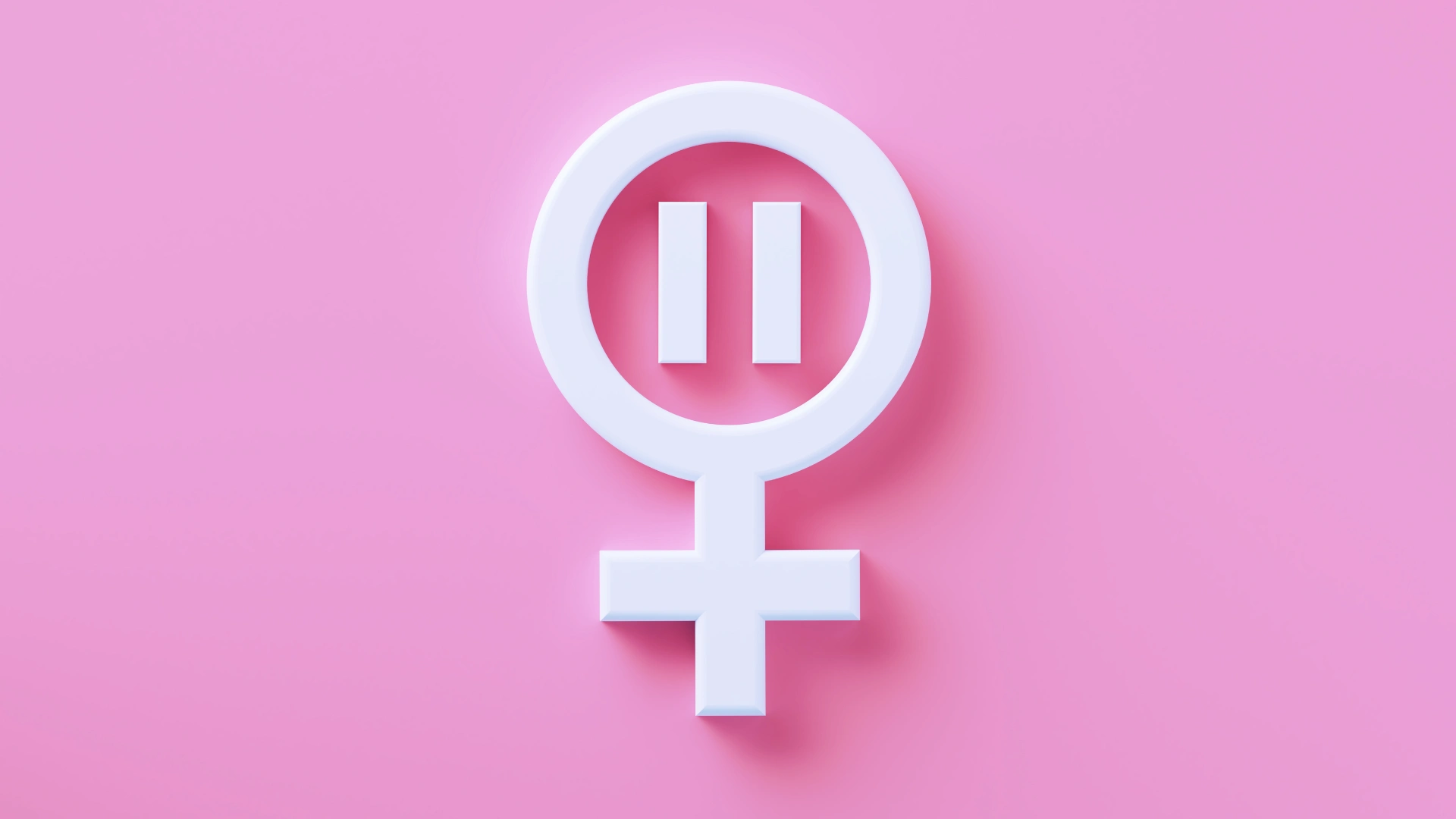
"Menopause often coincides with a critical phase in a woman's career, when experience, insight, and leadership potential are at their highest. But symptoms like brain fog, fatigue, hot flashes, and mood swings can disrupt work and energy levels. The issue isn't the symptoms, it's the silence surrounding them. Women are expected to "power through." Some do, but for many it turns into what is known as the midcareer cliff."
"THE BUSINESS IMPERATIVE Let's be clear: Supporting women through menopause isn't a favor. It's a business imperative. If we want strong, competitive, resilient organizations, we need more women in leadership roles at every age, including midlife and beyond. Here's how companies can show up: 1. Make menopause part of the conversation Start normalizing it, openly, not awkwardly. Include menopause in DEI and wellness conversations just like we do with maternity or mental health. Train managers. Create employee resource groups. Let women share experiences, not suffer"
Menopause affects half the workforce and often occurs when women hold peak experience and leadership potential. Physical and cognitive symptoms like brain fog, fatigue, hot flashes, and mood swings can impair work performance and energy. Silence and expectation to "power through" drive many women off a midcareer cliff, leading to missed promotions, reduced leadership representation, and organizational loss of innovation and mentorship. Concurrent pay disparities exacerbate these equity gaps. Employers have a business imperative to act by normalizing menopause conversations, integrating menopause into DEI and wellness programs, training managers, creating resource groups, and providing accommodations and support.
Read at Fast Company
Unable to calculate read time
Collection
[
|
...
]